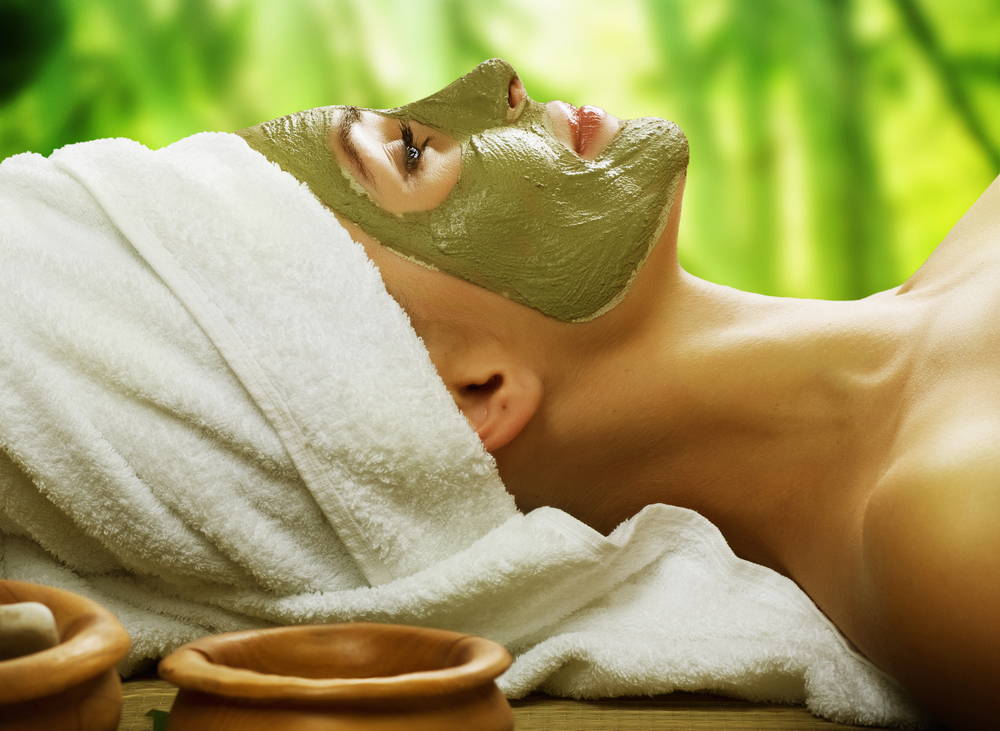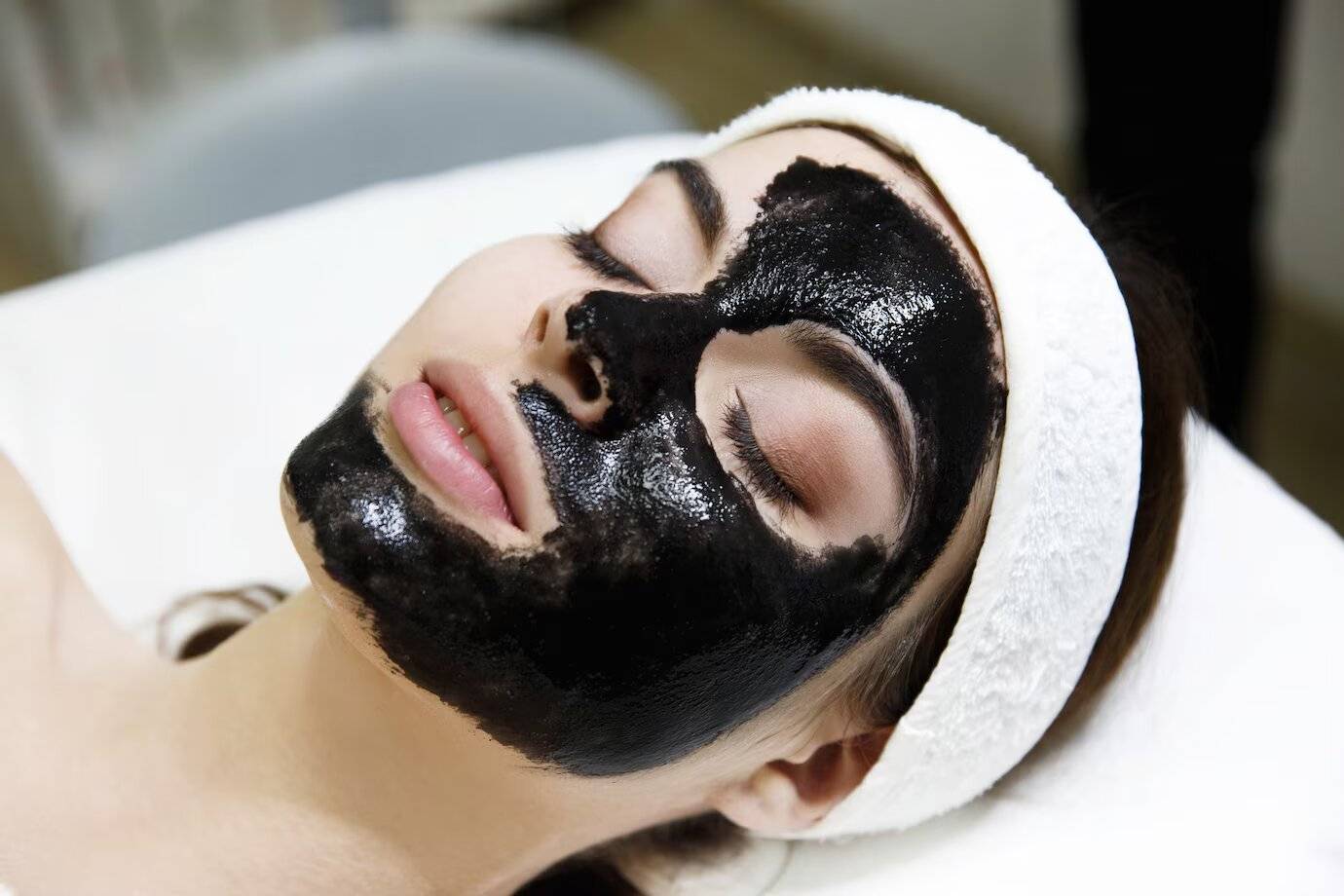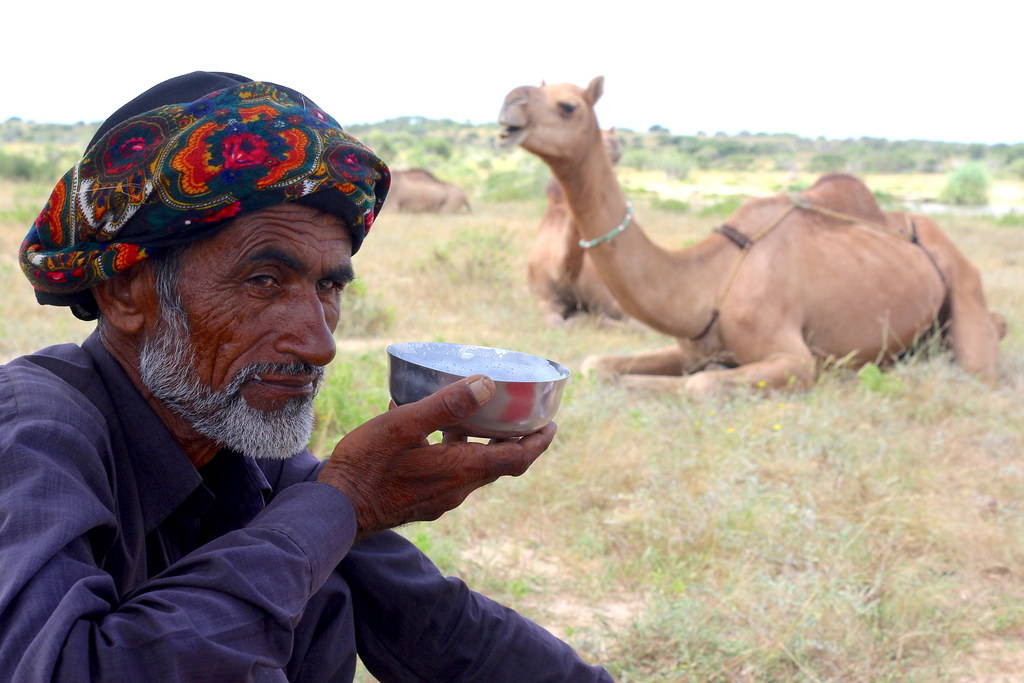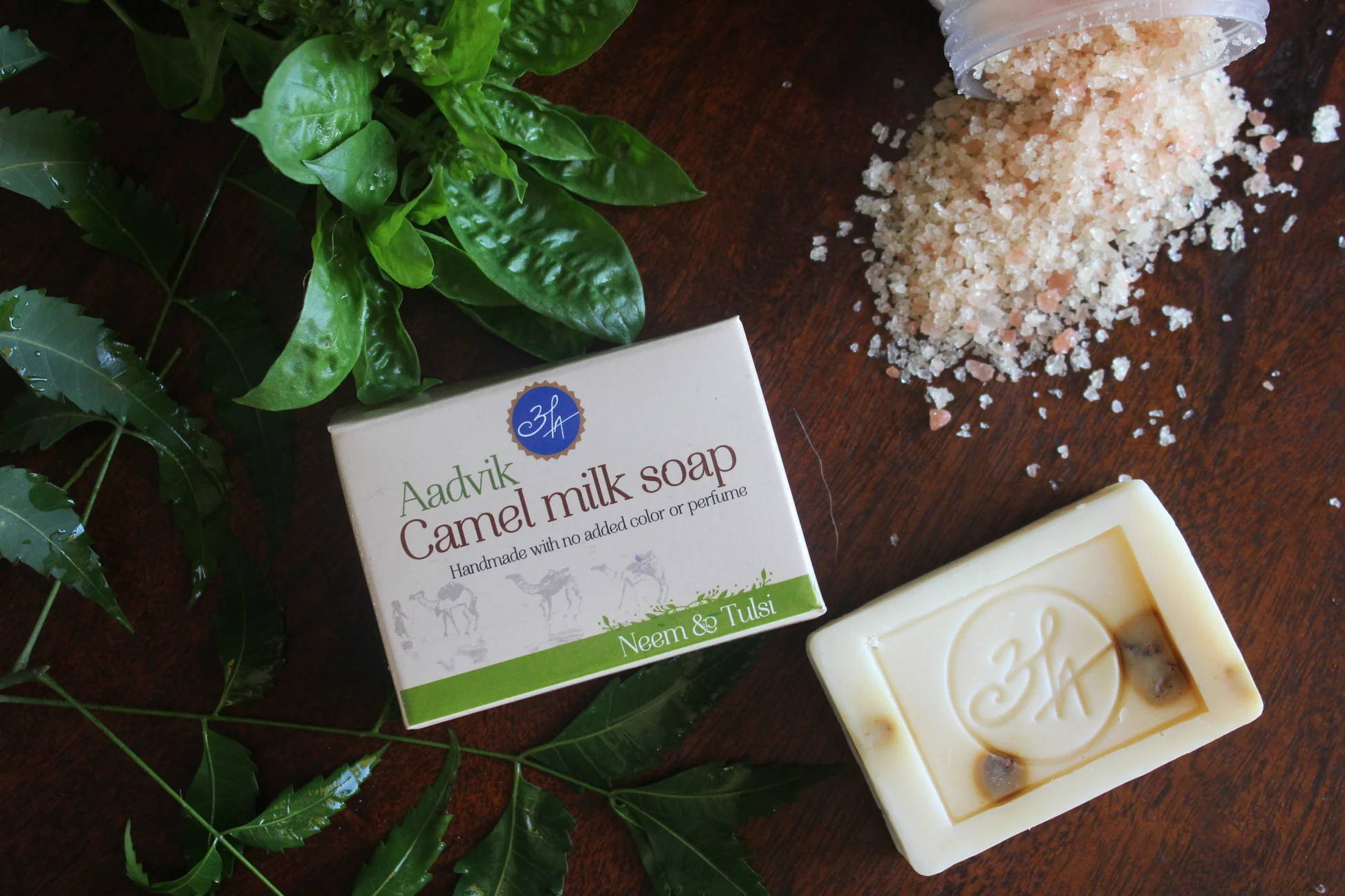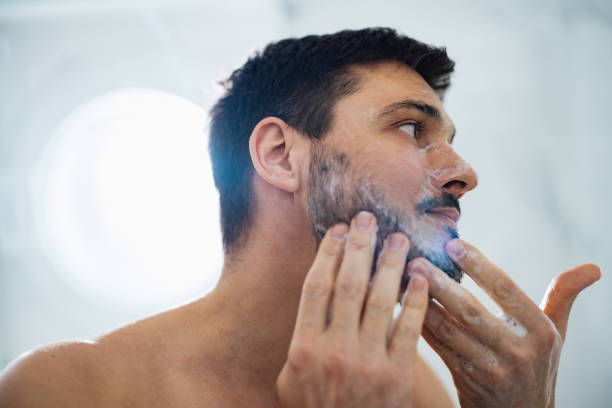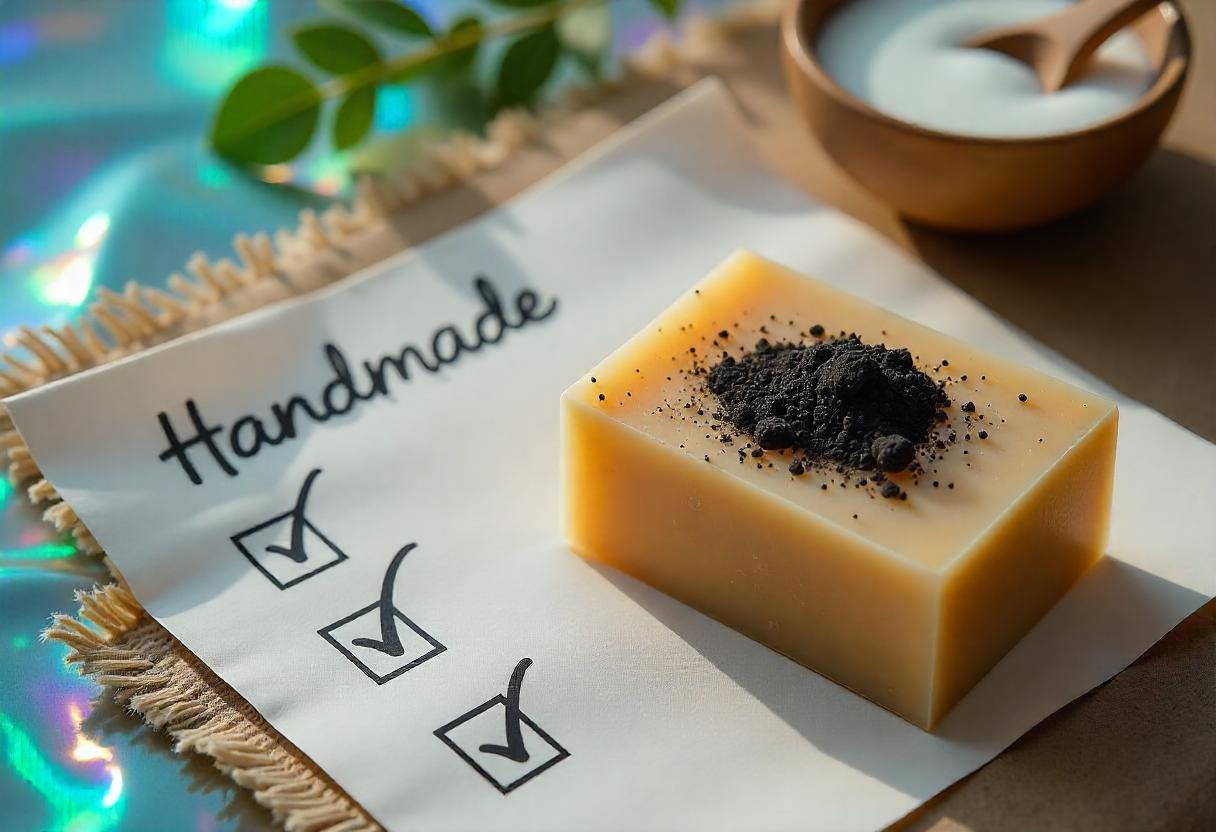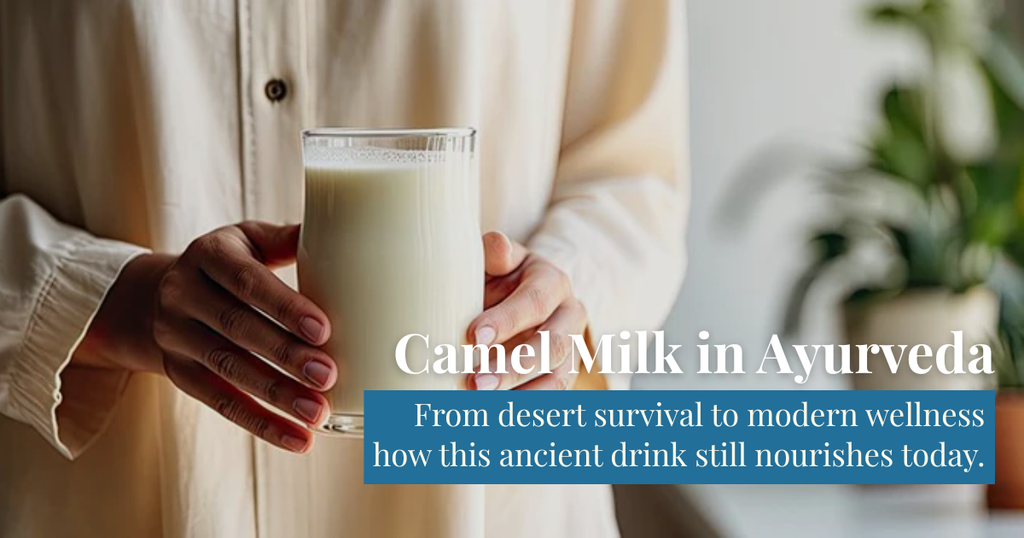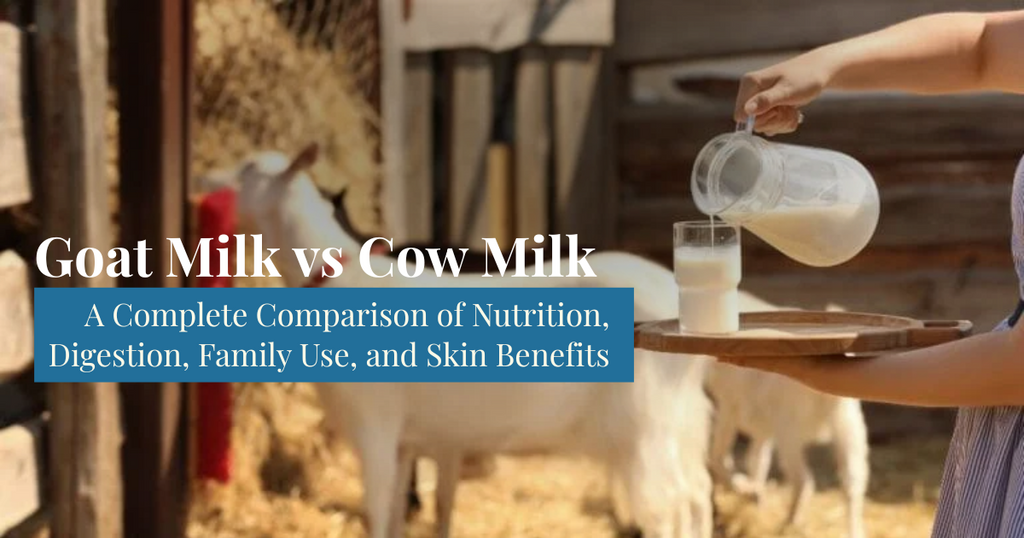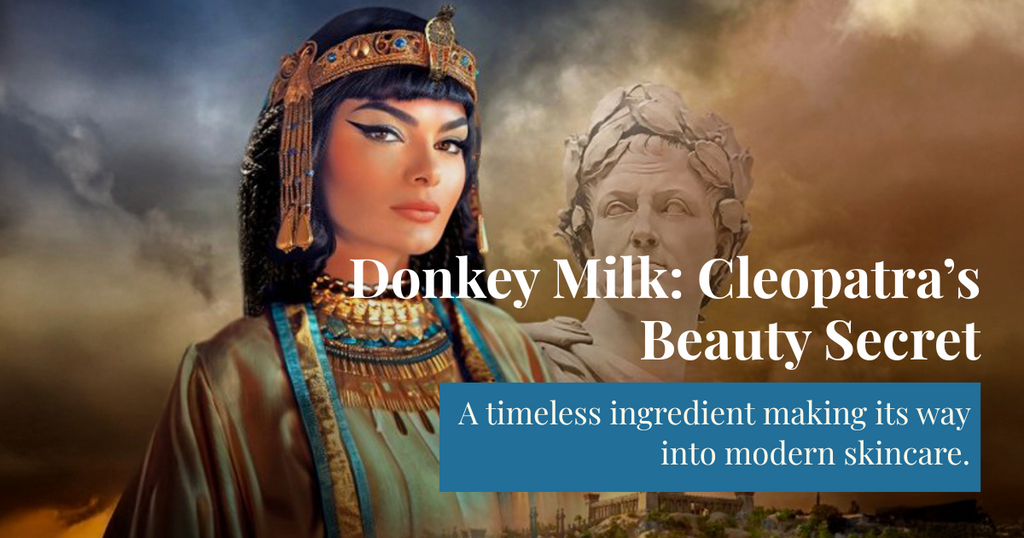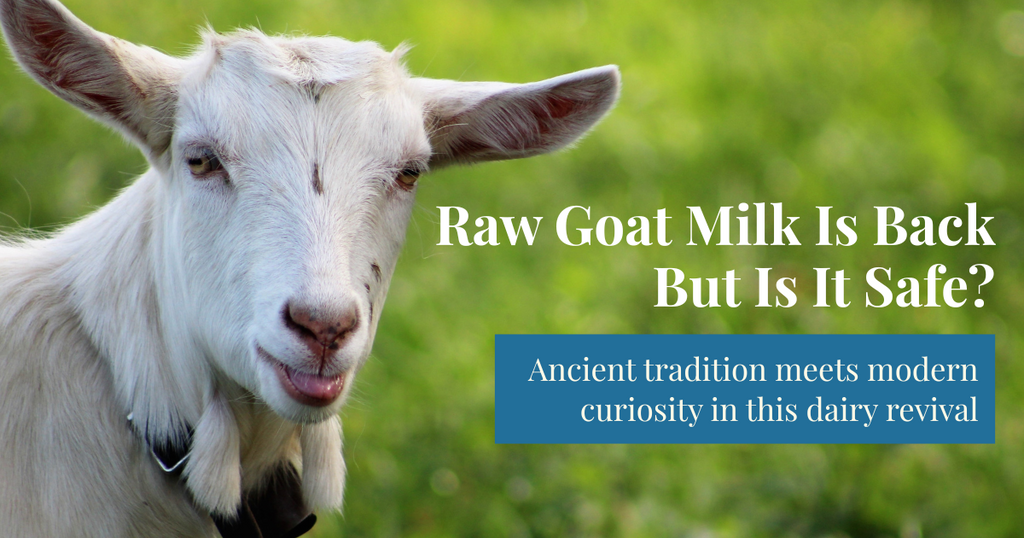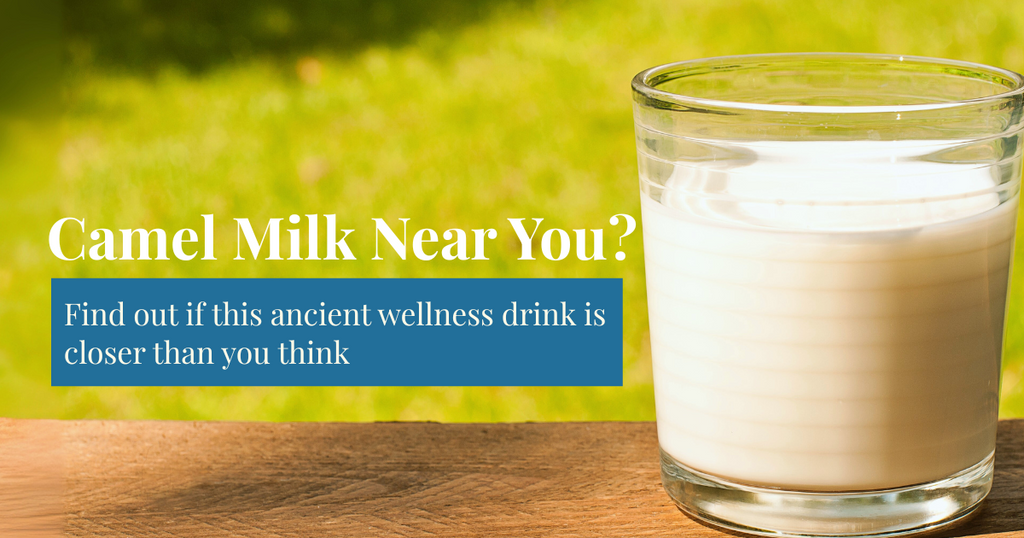Camel milk soap contains components like lanolin, AHAs, and vitamin C, which provide deep hydration, gentle exfoliation, improve the tone and elasticity of skin, and soothe the skin naturally.
Everyone’s Talking Clean Beauty - But No One Told You About Camel Milk Soap
Breakouts becoming your best friend? Dry patches that keep coming back like your obsessed ex? You are not alone, my friend. These are the same stories everywhere.
From traditional hacks to those Insta hacks, everything is being tried just for that flawless glow, yet the struggle is on. It will not be a wild guess if it's mentioned that most people have tried neem paste on the face to clear out acne from the skin at least once in their lifetime.
But skincare need not be a chore or a science experiment that may go wrong. It is a total lifestyle, and this era is all about natural = powerful. So, flexing the ‘natural’ component has the hype. But the real fix remains about what to trust and what not. It is a known fact that the harsh components present in synthetic products, specifically soaps, do more harm to the skin than good. However, a natural product-based alternative can be beneficial in such cases.
Clean beauty is no longer a mere trend; it is a movement now. All traditionally used skincare ingredients are at renaissance. Away from the synthetic overload, everyone is going back to the basics - finding Ayurvedic soaps for skin with minimal ingredients.
Here, a handmade bath soap with the natural goodness of hydration and moisturization can be a win. But, what can this be, in a jungle of self-proclaimed natural products- this is the actual riddle to solve.
Why is Natural Skincare winning?
Clean beauty is the movement of the moment. People are ditching the synthetic stuff, and the search for “chemical-free soap”, “natural soap for skin,” or “soap for glowing skin” is soaring on the internet worldwide. But in ancient times, long before glass skin and sheet masks took over social media platforms, skincare was simple. The all-time favorite charcoal masks that you use are not a new recipe; charcoal was used for cleansing before soaps came to the arena. All the hacks were rooted in the goodness of nature.
Skincare in ancient times was all about the components that emerged naturally. Minimal ingredients, minimal side effects, and maximal effects were the SOP. In contrast to the synthetic fragrances, alternatives like rose and lemongrass were used. Natural oils extracted from patchouli and jojoba did the job of anti-aging and moisturization effectively.
Milk was the numero uno building block of skincare and cosmetic therapies. It was mixed with various other components like turmeric, kesar, gram flour, and honey for moisturization, hydration, and exfoliation. Skin color is a debatable issue even in this age, and rural households still consider milk as a skin-whitening agent. Anything present in the kitchen is often mixed with milk, just to get white, de-tanned skin. Milk baths were a traditional practice and are still regarded as a “recipe for beauty,”. This is the reason milk and its different products have been used in skincare in modern times as well.
However, the BOGO with modernization is adulteration- not all milk-containing products are true to their claims. Plus, all the harsh chemicals added to the soaps have adverse effects on the skin.
Apart from cow milk, there is another creamy, skin-loving ingredient, camel milk, that has the potential to nourish skin deeply naturally, according to studies. So, a soap made of camel milk can be a total skincare companion that can revive the skin internally.
What makes Camel milk soap special?
Camel milk soap, with its unique formulation, can work wonders for those who are looking for healthy and soft skin. Along with combating dryness, it also may aid in soothing sensitive skin.
And nah, this is not a hype or trend, these soaps are stuffed with some good ingredients:
- AHAs (Alpha Hydroxy Acids) are reported to be gentle exfoliators that kick out dead skin and contribute to a flawless glow
- The hero of the vitamin squad, vitamin C, is present in Camel milk, which has the ability to contribute to the added radiance of the skin by repairing damaged portions. The anti-inflammatory properties of the milk calm the skin during sensitivities
Although there are many benefits of soaps, those with milk intolerances or sensitivities should do a patch test before applying anything new to their skin.
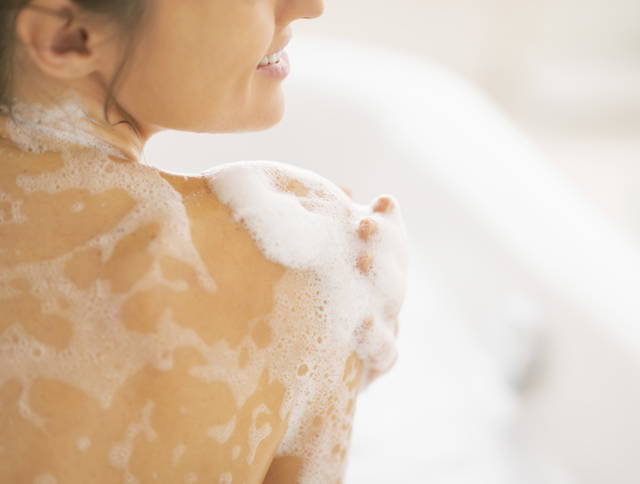
Okay..But does this soap work on the skin?
- Natural and gentle exfoliation for unclogging the pores and removing dead skin- no chemical harshness
- Hydration and exfoliation walk hand in hand. Lanolin penetrates deep, providing natural hydration and moisturization to the skin
- This soap may be the holy grail for those whose skin flares up easily with acne. It naturally soothes sensitive skin and cleans those disobedient pores.
- Camel milk is a rich source of Vitamin C, which has the ability to fight oxidative stress and improve the elasticity of the skin. So, bye-bye wrinkles.
- The antibacterial properties of the base ingredient make it an antimicrobial soap that can be useful as an antiseptic as well.
- Studies have reported that camel milk is a rich source of liposomes. These liposomes increase the production of collagen and thus may help reduce signs of aging.
Any red flags before lathering up? What to look for?
- Handmade
- Absence of paraben and sulfate
- Presence of natural ingredients like oil and other herbs
- Ethical sourcing of the milk
Conclusion: Is it worth the hype?
Frequently Asked Questions
What are the benefits of Camel milk soap?
Is camel milk soap good for sensitive skin?
Camel milk has antimicrobial and moisturizing properties due to the presence of AHAs and liposomes. So unlike other antimicrobial soaps, it is gentler and therefore, it is good for sensitive skin. However, it is suggested to do a patch test before using anything new on the skin.
Can camel milk soap help with acne?
Yes, this soap contains AHAs, which are a gentle exfoliator that unclogs the pores and prevents acne from popping up.
Is it safe to use camel milk soap daily?
The pH of camel milk soap is close to that of human skin and therefore, is safe for daily use. It keeps the skin hydrated and moisturized.
Is camel milk soap cruelty-free?
The reputed brands use ethically sourced camel milk. So the soaps from these brands are cruelty-free. However, always check the label for details of sourcing.
Can I use camel milk soap on my face?
AHAs like lactic acid are reported to exfoliate the skin by removing dead skin, and fatty acids are known to have effects on moisturisation. The ingredients are in camel milk, so yes, it can be used on the face. It is gentle, safe, and effective for facial use.
Does milk soap brighten the skin?
Camel milk contains exfoliants like lactic acid, which has been reported as a potential agent for removing dead skin and helping to brighten the skin.
What is the best body soap to use for men?
The type of soap depends on the skin type; camel milk soap can be used on all skin types.
Is charcoal soap good for your skin?
Charcoal works like a magnet for the impurities and helps in unclogging pores, soaking up excess oil, and gently exfoliating the skin. So, charcoal soap is totally good for the skin.
Does charcoal soap remove tan?
Charcoal soap gently removes the dead skin from the skin, thus aiding in de-tanning. However, it is always beneficial to use a charcoal soap that contains hydrating ingredients to balance the detox.
Can we use bath soap on the face?
Technically, yes, but not always. Only natural soaps with the goodness of oils can be beneficial for the face.
Which soap is best for skin whitening?
Soaps with natural exfoliants like milk and honey are good for skin whitening.
Is neem soap good for the skin?
Neem is a natural antibacterial agent, so neem soap may be good for the skin. It can help remove acne and blackheads.

